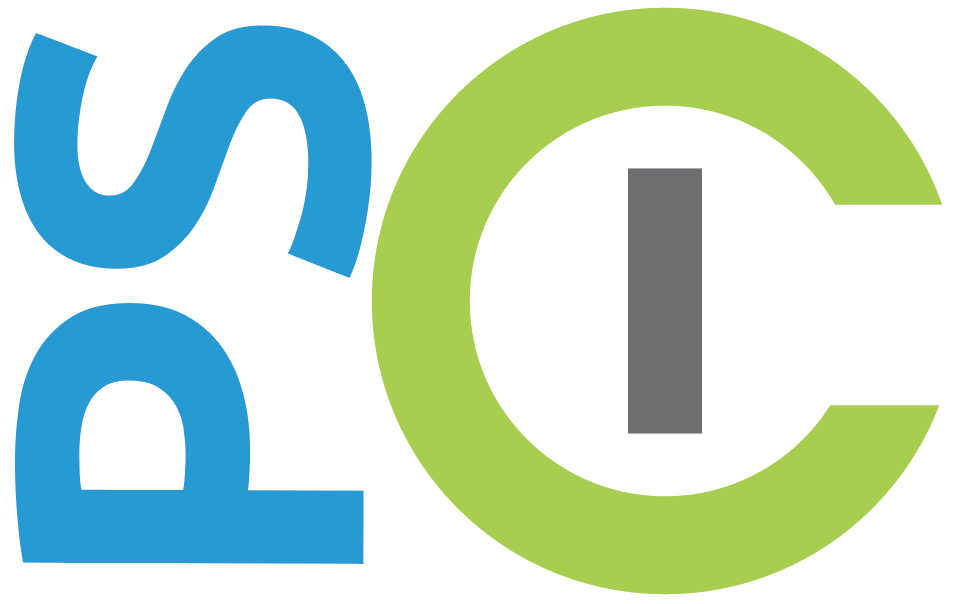Inaugural Climate Lightning Challenge
by Claire Adair
This past Sunday, February 25th, Princeton’s Student Climate Initiative held its inaugural Climate Lightning Challenge—a 2-hour ideathon centered around climate-related solutions.
With 45 minutes to research, 40 minutes to craft a proposal and 35 minutes to pitch and discuss, each participant chose an unfamiliar problem and crafted either a policy, engineering, business or non-profit solution. Researching the gamut from plastic waste to climate fund distribution, Lightning Challenge participants dove into the following complex issues:
- One of the most useful and omnipresent materials in our everyday lives, plastic can be found in almost all commonplace products. However, plastic has many ills. For one, plastic consumption still yields the byproduct dioxin–a toxin that causes genetic mutations. Or think of the plastic-containing Pacific garbage patch that affects albedo–a needed component of our planet’s climate cycle. Even though biodegradable forms of plastic have been introduced to get rid of dioxin and prevent plastic waste buildup, the plastic problem persists as people don’t seem to want plastic goods that decay in a month or two. Research and identify one scalable solution to either replace or reform plastic, and thereby remove its greatest ills.
- In 2017, there were 7,509,280 domestic flights made in the United States. As reported by the NYTimes, “one round-trip flight between New York and California generates about 20 percent of the greenhouse gases that your car emits over an entire year.” Come up with a practical solution that would allow for individuals to travel the distances they normally would while significantly cutting CO2
- Red meat production is one of the greatest contributors to climate change. One of the most effective behavioral changes an individual can make to reduce their GHG footprint is to shift to a plant-based diet. An alternative that has recently gained traction is lab-grown meat, or plant-based faux meat whose taste has grown almost entirely indistinguishable from real meat. These new products might comprise a more efficient solution without requiring people to change their eating habits. How could this technology be scaled efficiently while also becoming economically competitive?
- Palm oil is highly prominent among consumer products and global demand is rising. However, it is also one of the leading drivers of deforestation, its market closely linked to wide-scale deforestation and resulting CO2 emissions in the tropics. What technological or policy solutions might resolve this issue? What would be the implications?
- How do we ensure that climate funds aimed at helping developing countries adapt to and mitigate climate change effects are distributed fairly? Given current patterns of aid distribution, determine policy and social enterprise incentive-related solutions to climate aid distribution.
Having researched implications of and current solution attempts for these tangible problems, several participants have continued their investigations and PSCI is hoping to build future projects out of student-proposed solutions. One participant, Jonathan Lu, for instance, identified multiple emerging technologies that could cut the need for air travel and delocalize events while maintaining an immersive experience (think VR, AR and robotic avatars that can navigate a conference with participants on a screen). As alternative fuels also look to disrupt the aviation industry, potential mitigation strategies abound.
Given student interest and the potential to build projects out of Lightning Challenge research, PSCI plans to expand this ideathon to a greater venue and longer time span with resident experts on researched topics. We look forward to offering this hands-on, gamified Climate Lightning Challenge 2.0 soon – keep an eye out for our next announcement!
